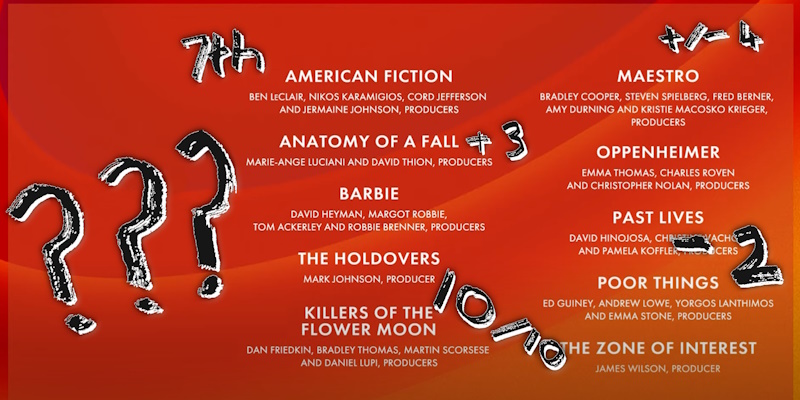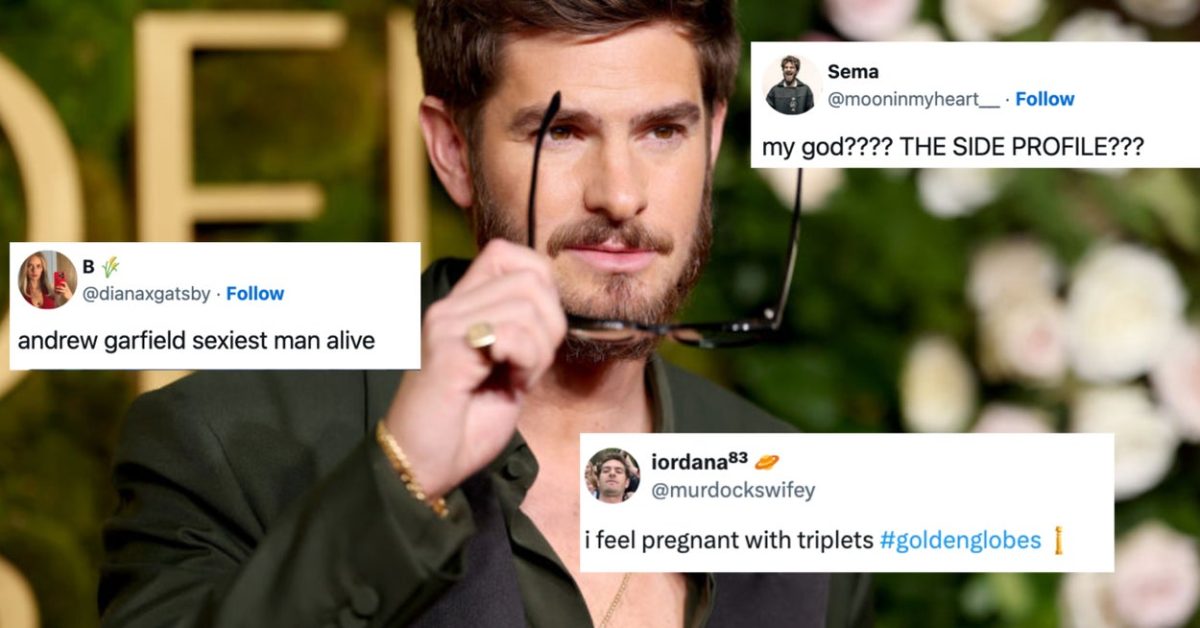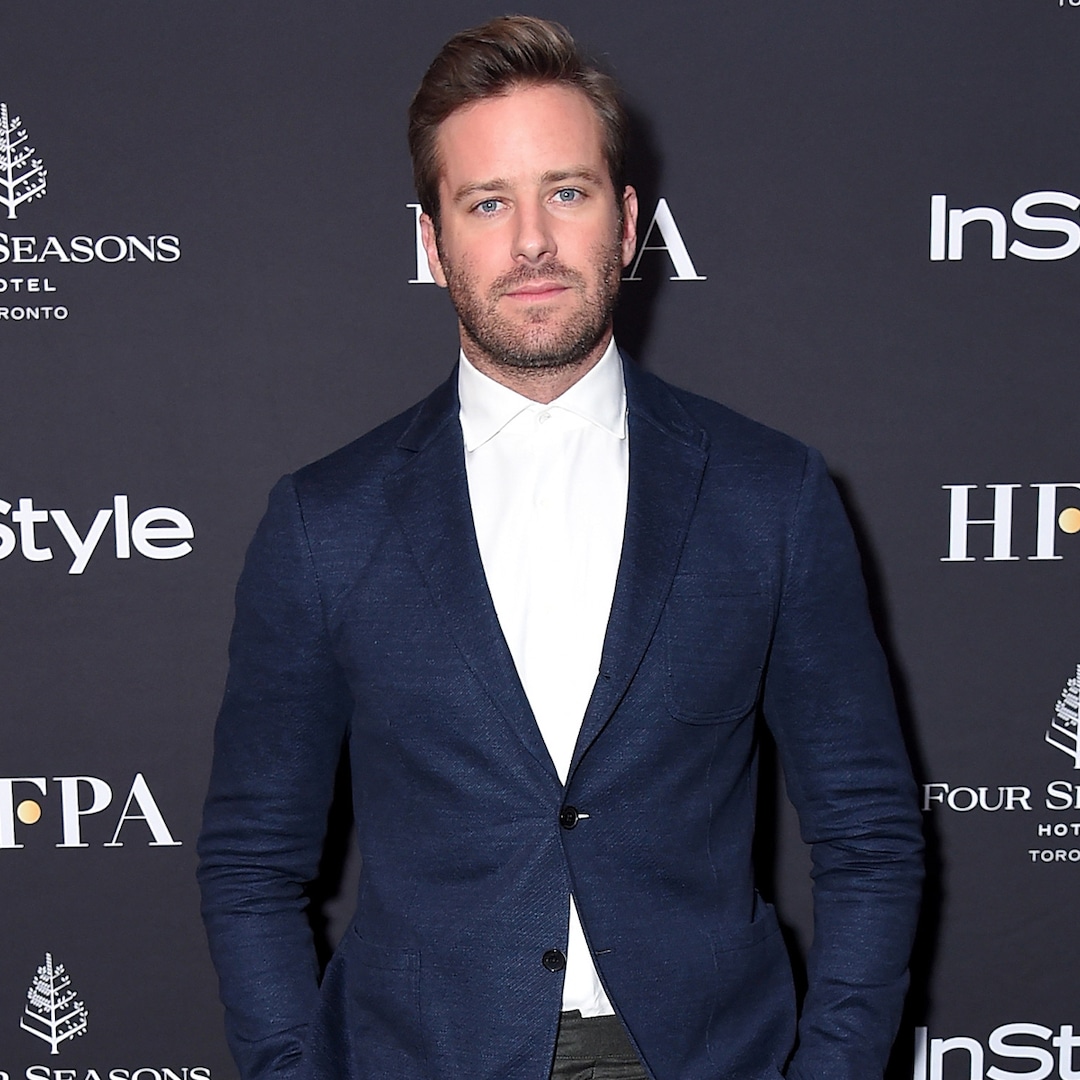
Ranking 2024’s Best Picture Nominees
Mar 13, 2024
With the all-but-prophesied Best Picture victory of Oppenheimer at this year’s Academy Awards behind us, now may be as good a time as any to reflect on the extraordinary lineup that made up the top category (one of the rare occasions where Academy voters avoided slipping any real duds into the roster). That’s meant we’ve ended up with quite a few deserved wins, but probably an underwhelming Good Morning America broadcast when it comes to dissecting the results; there have been a lot of clear frontrunners for much of the season. All ten Best Picture nominees are worth seeing, but the Oscars are (for better and for worse) a competition built on a preferential ballot system, and since they’ve had their chance to compare apples and oranges, why not let’s see what we may have done differently. Which winners could sit comfortably on the backburner and what should you rush to see among the snubs?
10 – Maestro
Bradley Cooper’s sinuous biopic of enigmatic American composer-conductor Leonard Bernstein doesn’t lack for passion (and hosts two transformative performances from its leads), but this severely “cinematic” production is over-pruned. It’s a good film but can’t often rise above that distinction, strongest when exploring the knotty bond between the Bernsteins, but you may leave Cooper’s dream project unsure as to whether or not you understand ‘Lenny’ much better. For all its intimacy, Maestro is distancing. Still, the Mahler performance is appropriately thunderous. Read Spling’s review here.
9 – American Fiction
A significant step up from tenth place. Wickedly satirical and exactly the sort of breath of fresh air perennial ceremony attendees are gasping for by season’s end, American Fiction centres a brilliant Jeffrey Wright as Thelonious Ellison (affectionately donned ‘Monk’ despite his protests), a mildly respected author exasperated by what the literary world (and apparently, reading public) expect from him as a black writer.
Frustrated by the success of number one bestseller ‘We’s Lives in Da Ghetto’, he drunkenly pens the manuscript for an incendiary send-up of black-suffering-as-best-selling fodder titled ‘My Pafology’, and assumes the pen name of Stagg R. Leigh, on the lam from the law and teeming with the ‘authenticity’ that publishers fawn over. Before it even hits shelves, ‘My Pafology’ becomes Ellison’s most sought-after project and he must pseudonymously run a gauntlet of awkward, patronising and otherwise soul-crushing meetings, interviews, etc. Pushing Ellison to ‘sell out’ is his mother’s developing dependency on hospice care, while Monk is further exasperated by a brother stridently finding himself after coming out, among a further network of familiars, the plot intermingling homelife and the business of providing for an audience and an industry. American Fiction marks a new voice, one that rang out clear enough to earn Cord Jefferson an Adapted Screenplay win right out of the gate, and we all ought to pay close attention to what he’ll have to say next.
8 – The Holdovers
A Holdovers guiding philosophy, if a cliché: They don’t make ‘em like this anymore. Set in 1970, The Holdovers assembles a gamut of minor pariahs, chief recluse among them being a cantankerous classics professor at Barton Academy boarding school, played by Paul Giamatti, disliked by the fellow faculty nearly as much as his students, and selected by the former to chaperone the latter should they be left behind (or ‘held over’) for the winter holiday. The nearest he’s come to accruing a friend in his time terrorizing pupils would be Mary (Da’Vine Joy Randolph, who took home the film’s only win), cast away since the death of her only son following conscription amid the Vietnam war. Winding up enlisted isn’t as likely for the preppy majority of Barton students, though may be in the cards for quietly promising Angus (a strong debut for Dominic Sessa), eventually the only ‘holdover’ left under the despotic reign of Mr. Hunham.
None have anywhere to go, and none are particularly happy to be there, but it’s inevitable that if they’re stuck alone, they’re in it together. Besides a precise and droll screenplay, what keeps the mawkishness at bay here is a sincere grief, the chill that makes the glove feel so warm. The Holdovers lands in that precise stupor of schmaltz, reflection and melancholy conjured by the best Christmas movies (the ones made for the middle-aged), despite the protestations of writer-director Alexander Payne. Skim the soundtrack laced with 70s cuts and you’ll know whether this is for you pretty soon. I look forward to revisiting it some cold Sunday.
7 – Barbie
Here’s what big budget studio IP-tentpoles ought to measure up to. Greta Gerwig’s Best Director snub has inspired a pretty incensed backlash, and not without reason. What a task she had; everybody needed to like this and miraculously, within reason, they did. There is no need to relay the plot; you’ve seen the movie. Existentialist and goofy, biting and understanding enough to concur the world ($1.446 billion worth of enthusiastic visits to the movie theatre), Barbie threads an impossible needle and does so with miraculous poise. Somehow it still hasn’t been celebrated quite enough. Read our Barbie review.
6 – Anatomy of a Fall
Novelist Sandra is charged with homicide after her husband falls from the attic window of their isolated mountain home, where they’ve held together a strenuous marriage since an accident left their son partially blinded. There isn’t room for the ugly grey of the complicated in a court of law, only guilty and innocent. In time, as the case becomes less and less clear cut, that son becomes a key witness and learns more about his parents than he could have guessed there was to know.
Sandra Hüller is consistently excellent across the slow, dreadfully tense drip of revelations, providing a sort of litmus test of a lead performance (quoth Michelle Yeoh: “I still don’t know if you did it”). The precision in wielding ambiguity here is as compelling as any 2023 drama and Anatomy has made for a worthy recipient in the Original Screenplay category. So too would it have been for any number of its nominated categories, not the least the International Feature race France didn’t see fit to include it in. Justine Triet’s film leaves you thinking long, long after the verdict is delivered. Read Spling’s Anatomy of a Fall review.
5 – Oppenheimer
The fact that this behemoth could land in the MIDDLE of the pack is hard to believe and another testament to the stellar crop of nominees (really, the order from hereon in could be chalked up to a series of coin tosses). Oppenheimer, the mammoth culmination of (now Oscar winner-) Chris Nolan’s career, is already all but an enshrined classic. Even armed with a near unheard of pedigree for a director, the fact that he could make a nonlinear, partially black and white, wildly intense chronicle of the life of a theoretical physicist and its intersection with the creation of the atom bomb at this length and hold the filmgoing world to ransom for a billion dollars in the process is astonishing, and the sort accomplishment plenty of cinephiles may have given out hope for. What’s more, everyone involved from the intimidating cast to… I shudder to say it… the studio itself, seem to have known what they had and risen to the occasion. This was fated to win Best Picture, and that’s more than earned. Read our Oppenheimer review.
4 – Past Lives
Past Lives was the least nominated of all the Best Picture club members with two total and couldn’t make good on either, which is a shame (and the lack of a cinematography nod is criminal) but is also probably a good enough indicator of its subtlety. At 12, Korean classmates Nora and Hae’s mutual affection is cut short when Nora’s family relocates to North America. Years later, the two reconnect over Skype and speak every day, but that too must end. When we join them again, they have settled into their lives (she as a married writer in New York, he as a salaryman fresh from a break-up), when Hae comes to visit.
They are meant for each other, and they are not. Perhaps the likeliest film on this list to leave you in tears, Past Lives is made up of a delicate and soothing poetry, a highly specific story that proves again cinema’s potential to unite us in recognising feelings we thought were our own because they so often go unspoken. Ever wondered how many lives could you have lived? This is another first-time feature, one that doesn’t put a foot wrong and taken as a lanyard, we can assume Celine Song has cinema down to her marrow. What she may do in a less auto-biographical vein we can only imagine (and excitedly await). Read Spling’s Past Lives review.
3 – The Zone of Interest
The Zone of Interest makes its point relentlessly. Director Jonathan Glazer brings his surveillant filming style (developed in Under the Skin) to the forefront, along with a discomforting naturalism. He depicts the household of Nazi commandant Rudolf Höss, settled into a routine and a home separated by a single wall from the Auschwitz concentration camp. We see chores, fishing, bedtime stories, phone calls, gardens.
Moments as inane as petting their dog or as mordant as admiring a handful of gold teeth. But the sounds of the camp are never far away, only hushed, indistinct (prompting a Best Sound victory over far flashier mixes). They make up a second film running parallel to the doings of the Höss’, along with thermal-vision segments which suggest that there’s more to human beings than the Höss’ embody. Even so, The Zone of Interest is unforgiving, it demands that you see: complicity is common. Read Spling’s The Zone of Interest review.
2 – Poor Things
Taking into account the highpoint that was The Favourite (now something of an appetiser), plus this magical monstrosity and another already in the can, Yorgos Lanthimos and Emma Stone cannot be stopped. The wonderfully realised Poor Things marks the director’s full plunge into a twisted, expressionist, Frankenstein-ian fantasia; a bildungsroman centred on Bella Baxter, an actor’s dream and the perfect vehicle for Emma Stone’s audacious ode to personal freedom and self-discovery. The greatest experimental accomplishment of semi-mad scientist Godwin’s trespasses against mortality, we accompany Bella on her post-resurrection odyssey through a ferociously sensual world and its many firsts. This is a movie to gorge on, likely to put off plenty of viewers and put the joy of life into others. Wild, gutsy, hilarious and suitably bizarre, there’s nothing quite like it. Read Spling’s Poor Things review.
1 – Killers of the Flower Moon
Killers is adapted from David Grann’s non-fiction novel of the same name which chronicled the Osage murders from 1918 through 1931. Following displacement, the native American Osage bought their own reservation, retaining mineral rights to the bare acres of Oklahoma land they made their settlement. Oil would be discovered in 1897, and soon enough a white encroachment began. Given headrights to a percentage of the profit gleaned from their land, holders became fabulously wealthy, and since those headrights could be passed to non-Osage as an inheritance, a lot of white men began marrying into the community, as conmen and shirkers peopled the town of Fairfax, where Killers of the Flower Moon begins.
This weighty epic finds a core to that incalculable duplicity by refocusing the narrative from the investigative efforts of a fledgling FBI onto the personal betrayal by conspirator Ernest Burkhardt of his Osage wife Molly, first marrying into and then abetting his new family’s systematic murder. Director Martin Scorsese proves even as he enters his eighties, he’s more than capable of helming an organic, near-spiritually guided work of art, possessing an enviable dynamism after 50 years as one of America’s greatest contributions to cinema. This is in a sense well-trodden ground for Scorsese, and the conviction of his filmmaking is remarkable, but Killers suggests a maker grappling with the very purpose of his art, as though by pushing further and further he might uncover some impossible truth. As vital as The Zone of Interest, as technically evolved as Oppenheimer, involving as Anatomy of a Fall, cinematically bursting as Poor Things, cast to rival Barbie, et al. This is the most bountiful film nominated this year, and don’t let the lack of a single win on the big night fool you. Read our Killers of the Flower Moon review.
Publisher: Source link
Aubrey Plaza Issues Statement After Jeff Baena’s Death
The 40-year-old star and Jeff’s family issued a statement to People on Monday, where they called their loss an “unimaginable tragedy.”The Los Angeles County coroner’s office previously determined that Jeff died by suicide in his LA home. He was 47…
Jan 10, 2025
Jill Duggar’s Husband Clarifies Where He Stands With Jim Bob Duggar
Jessa Duggar (m. Ben Seewald)Jim Bob and Michelle's fifth child, Jessa Duggar, was born Nov. 4, 1992. Jessa met Ben through church and he began courting her in 2013—the old-fashioned approach to romance coming as a brand-new notion to a lot…
Jan 10, 2025
The Internet Has Officially Lost It Over Andrew Garfield's Slutty Glasses
That man knew exactly what he was doing with those glasses.View Entire Post › Disclaimer: This story is auto-aggregated by a computer program and has not been created or edited by filmibee.Publisher: Source link
Jan 9, 2025
Armie Hammer Lands First Movie Role Since Cannibalism Allegations
Armie Hammer Cameos As “Kannibal Ken” in Music Video 4 Years After Cannibalism ClaimsArmie Hammer is heading back to the big screen. More than one year after the Los Angeles Police Department ended their lengthy investigation into the Call Me…
Jan 9, 2025











